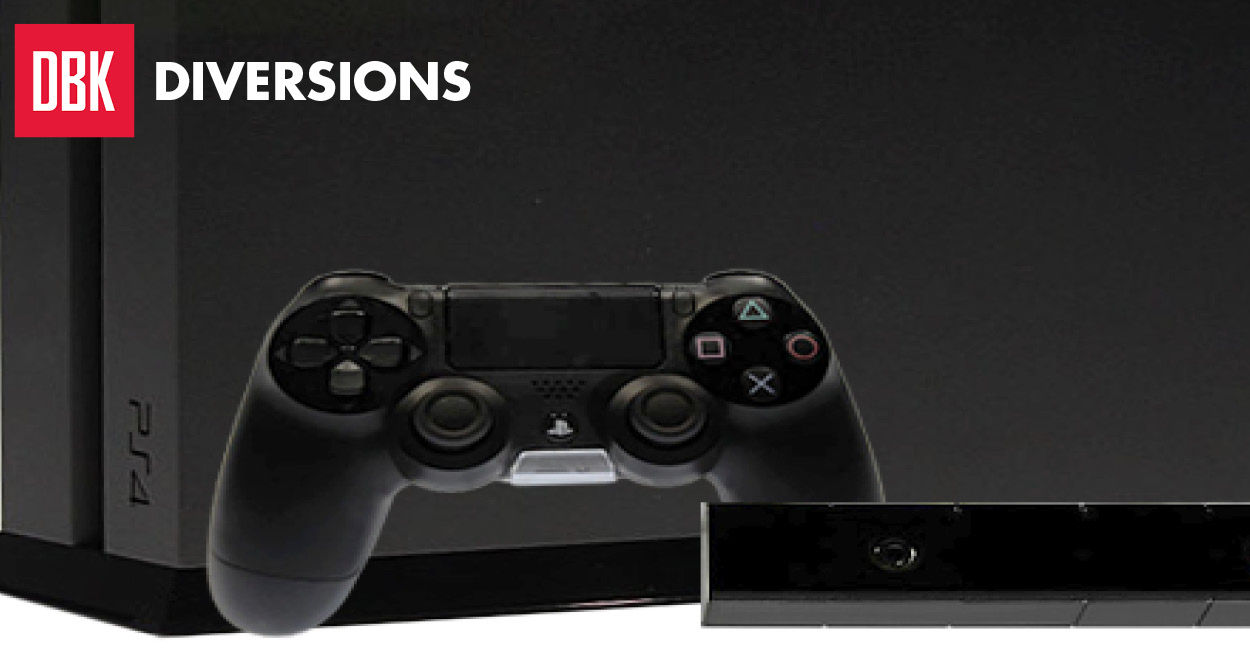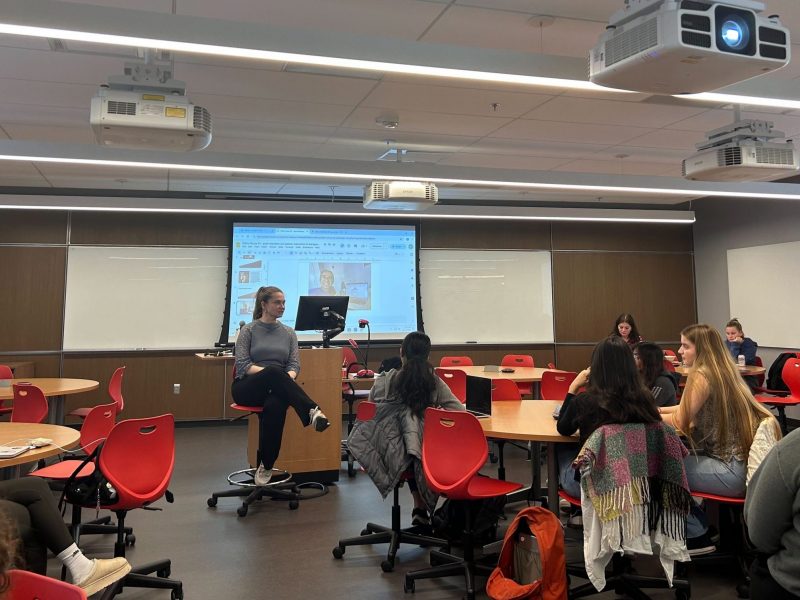
Video Game Roundup
DESTINY
Played on PS4. Available on PS3, PS4, Xbox 360 and Xbox One.
You can tell a lot about a game from its title. Consider Halo: There’s an implicit, almost religious grandeur to it, yes, but there’s also a sense of mystery, intrigue. Contrast that with Destiny: The grandeur becomes portentous, if not pretentious. It’s such a simple word, but loaded with so much weight.
When Bungie released Halo 13 years ago, there was very little hype and very low expectations. Only fans of their shooter Marathon had even heard of the studio. Now, with the launch of Destiny, Bungie is close to a household name in video gaming and Destiny held such promise, buoyed by reports of an outrageous half-billion dollar budget.
There was nowhere for Destiny to go but down.
Even now, a half-billion dollars in sales later, describing precisely what Destiny is remains a challenge. Destiny is Halo mixed with Diablo mixed with World of Warcraft mixed with Borderlands. You shoot, you loot, you raid, you grind and you will be bored tearless by the inert story.
There’s something about an evil force known as The Darkness trying to wipe humanity out, and only you (along with everyone else playing) can hope to save us all by killing the same three enemies in the same four places over and over again.
Destiny isn’t a good game, yet somehow it manages to be an utterly engrossing one. Bungie has created an addictive loop of shooting, looting and leveling up that sucks you in, whether you like it or not. So much of the game is repetitive, but it never becomes tedious.
And, despite the awful storytelling and awful voice acting, Destiny’s lore is rather interesting. Thanks to peerless visual design and an interesting mix of magic and space opera, Destiny remains an interesting world to explore throughout the 10- to 15-hour campaign.
None of this is enough to make Destiny a good game, but maybe Destiny 2 will succeed at being the next big thing Bungie so desperately wants to create.
HATOFUL BOYFRIEND
Available and played on PC.
At heart, don’t we all just want somebirdie to love? Hato Moa’s utterly unhinged pigeon dating simulator Hatoful Boyfriend answers that question with a resounding yes.
In the interest of full disclosure, however, there is one point that anyone considering a purchase of Hatoful Boyfriend must understand. The game is a visual novel, a somewhat bizarre offshoot of a graphic novel and a Choose Your Own Adventure popular in Japan. For the uninitiated, this means there’s very little game in this video game.
Instead, the action is relegated to picking among a few options at key junctions in the story. While Hatoful Boyfriend offers a surprising amount of choice for a visual novel and playfully comments on the genre throughout the game, a third-person shooter this ain’t.
Still, it’s difficult to complain about the lack of player agency when such a wide array of equally bonkers endings and plot twists unfurl within the halls of St. PigeoNation Institute. You play as the only human in a school otherwise entirely populated by sentient birds. To explain anything else about the game’s story would be spoiling the fun.
Just know that eventually everything will be explained, and your brain will never be the same. Also, don’t trust the partridge.
THE WALKING DEAD: SEASON 2
Played on PC. Available on Android, iOS, Ouya, PC, PS3, PS4, PS Vita, Xbox 360 and Xbox One.
The first season of The Walking Dead video game was the only book, movie, song or video game to have ever made me cry. So, the second season of The Walking Dead couldn’t realistically hope to fill those unreasonably large shoes, but, gosh darn it, it gets close.
For one thing, the story and storytelling is far more ambitious than the first season. Stories about father-daughter relationships have been told before with success in video games. Stories about growing into adolescence are difficult to credibly tell in more traditional forms (i.e. books and films) let alone in a video game about zombies.
Immense credit, then, to the team at Telltale Games for crafting a believable and engrossing story revolving around Clementine, the little girl from the first game, growing into a young woman.
In the first season of The Walking Dead, every decision made felt as though you were peeling back layers of an onion and revealing more about the main character. Here, every decision you make shapes the person Clementine becomes. It’s exhilarating, terrifying and heartrending in equal measure.
It’s a testament to Telltale’s superb writing that I’m absolutely certain different people will have violently different reactions to the game’s five or so endings.
On the other hand, the stretch marks inherent to Telltale’s core game design have never been so apparent. The first season of The Walking Dead created an effective illusion of determinism, which begins to wear thin during portions of the second season, where the smoke and mirrors become painfully obvious.
The game also, crucially, lacks technical polish. I was unable to carry over my decisions from the first season into the second because the game couldn’t find the save files on my computer. The general interface is clunky, slow and arduous to use. The quick time events scattered liberally throughout the same border on self-parody.
But, even with these serious problems, The Walking Dead: Season 2 is still a fantastic and moving experience, a must-buy for anyone willing to tolerate more zombies.



